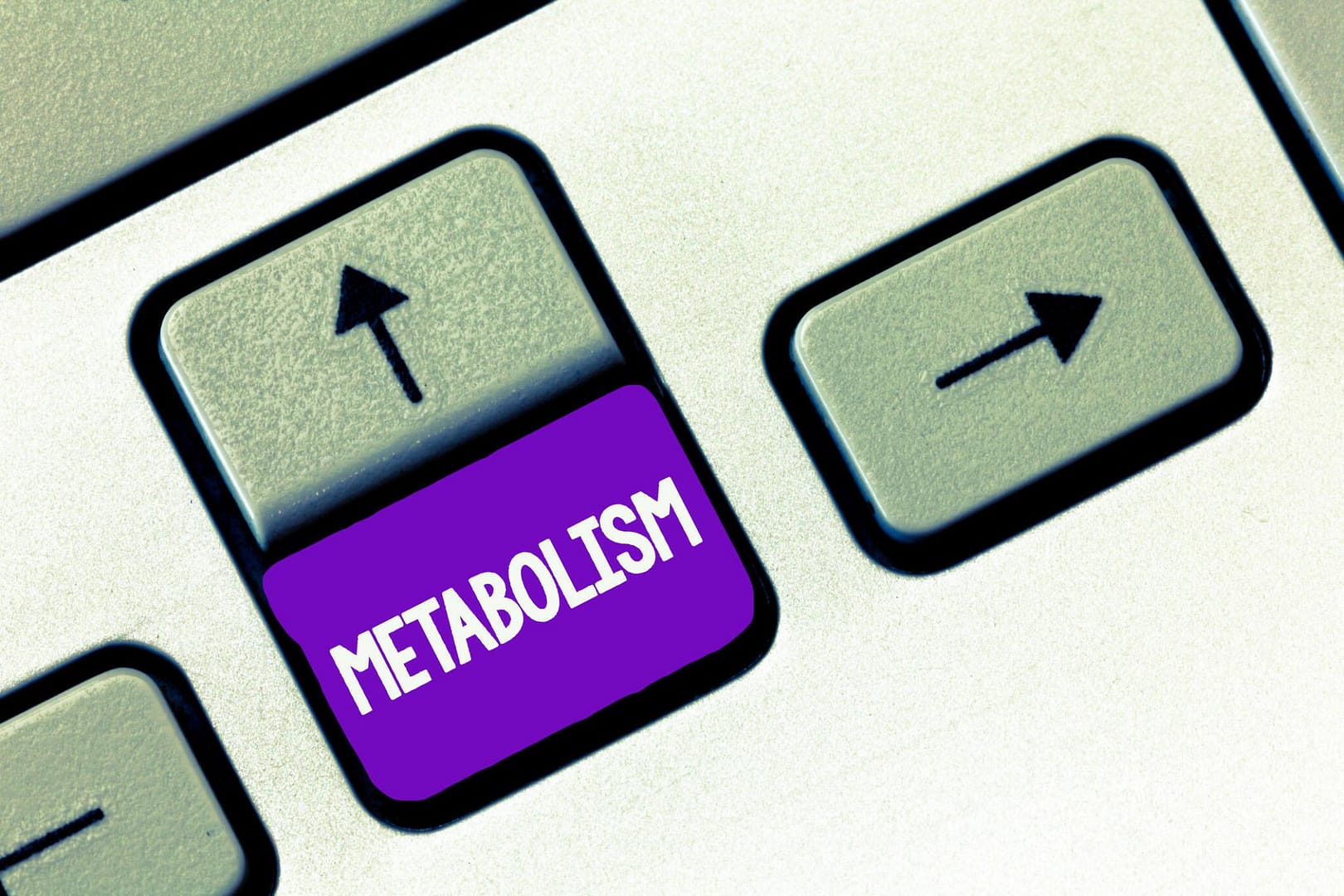Your metabolism is your motor that transform food intake into energy for your body but it also breaks down cell tissue in case you urgently need energy.
In short your metabolism is the thing that drives your body to function on all levels. You can also imagine it like a city (metabolism) where every living person (cells) contribute to the optimal functioning of that city.
It’s the thing that gives you energy to function.
Two Main Metabolic Processes – Catabolism & Anabolism
 There is what is called catabolism: which has to do with the breaking down of food in the intestines for nutrient absorption in the blood stream.
There is what is called catabolism: which has to do with the breaking down of food in the intestines for nutrient absorption in the blood stream.
And there is what is know as anabolism: which has to do with cell repair. For example if you cut yourself it will make sure to clot that area so the bleeding stops for healing of that wound.
These two metabolic processes work together at different times to produce heat in the body and give you optimal energy expenditure. This is also known as Thermogenesis and is a key component to your metabolism.
Thermogenesis Include
- Metabolic Rate
You might have heard about your metabolic rate MR in case you’ve tried to lose weight and learned something about metabolism. MR refers to the speed of time, your body turns certain amounts, units of calories into energy.
The higher your MR the better your metabolism.
Basal Metabolic Rate

Then there’s something called Basal Metabolic Rate which is an essential part of the overall MR and which is the amount of calories (energy) that your body needs to maintain basic physiological functions while at rest.
These functions are
Hormones’ Effect on Our Metabolism
 Hormones are essential for controlling metabolism. Thyroxine (T4) and triiodothyronine (T3), for instance, are thyroid hormones that increase metabolic activity throughout the body. By encouraging the uptake of glucose into cells for use as fuel or storage, insulin, which is produced by the pancreas, aids in the regulation of glucose metabolism. Unbalanced hormone levels can interfere with metabolic functions and cause a number of health problems, including type 2 diabetes, obesity, insulin resistance, and other conditions.
Hormones are essential for controlling metabolism. Thyroxine (T4) and triiodothyronine (T3), for instance, are thyroid hormones that increase metabolic activity throughout the body. By encouraging the uptake of glucose into cells for use as fuel or storage, insulin, which is produced by the pancreas, aids in the regulation of glucose metabolism. Unbalanced hormone levels can interfere with metabolic functions and cause a number of health problems, including type 2 diabetes, obesity, insulin resistance, and other conditions.
Dietary Influence on Our Metabolism
 Our metabolism is greatly influenced by the foods we eat. Thermic effect of food: Eating meals high in protein needs more energy to breakdown than foods high in fat or carbs. This causes a brief rise in metabolic rate.
Our metabolism is greatly influenced by the foods we eat. Thermic effect of food: Eating meals high in protein needs more energy to breakdown than foods high in fat or carbs. This causes a brief rise in metabolic rate.
In a similar vein, capsaicin-containing hot foods have been demonstrated to momentarily increase metabolism. Sustaining optimal metabolic function requires eating a healthy, balanced diet rich in a range of nutrients.
Our Metabolism Is Affected by Exercise

There are various methods in which regular exercise might increase metabolism. More muscle mass results in a higher basal metabolic rate and more calories expended while at rest. Additionally, exercise increases insulin sensitivity, which strengthens the body’s capacity to control blood sugar levels. Furthermore, it has been demonstrated that high-intensity interval training (HIIT) raises excess post-exercise oxygen consumption (EPOC), resulting in sustained calorie burning beyond the exercise itself.
Concerning Metabolic Disorders
 A number of illnesses can impact metabolism. One example is diabetes mellitus, a condition in which the body either cannot use insulin efficiently or does not make enough of it, resulting in elevated blood sugar levels. Another illustration is hypothyroidism, a condition in which the thyroid gland produces insufficient thyroid hormone, which slows down metabolism. These illnesses may need to be treated medically and can have a major effect on general health.
A number of illnesses can impact metabolism. One example is diabetes mellitus, a condition in which the body either cannot use insulin efficiently or does not make enough of it, resulting in elevated blood sugar levels. Another illustration is hypothyroidism, a condition in which the thyroid gland produces insufficient thyroid hormone, which slows down metabolism. These illnesses may need to be treated medically and can have a major effect on general health.
My experience has shown that you are capable of self-correcting metabolic abnormalities. For instance, with the appropriate strategy, you can overcome persistent weight problems or insulin resistance. Since insulin hormone imbalances are typically the cause of persistent weight problems, controlling insulin levels with a healthy diet can restart your body’s fat-burning hormone production and help you lose weight once more.
If you suffer from a sluggish or malfunctioning metabolism, I advise you to adopt a healthier lifestyle.

